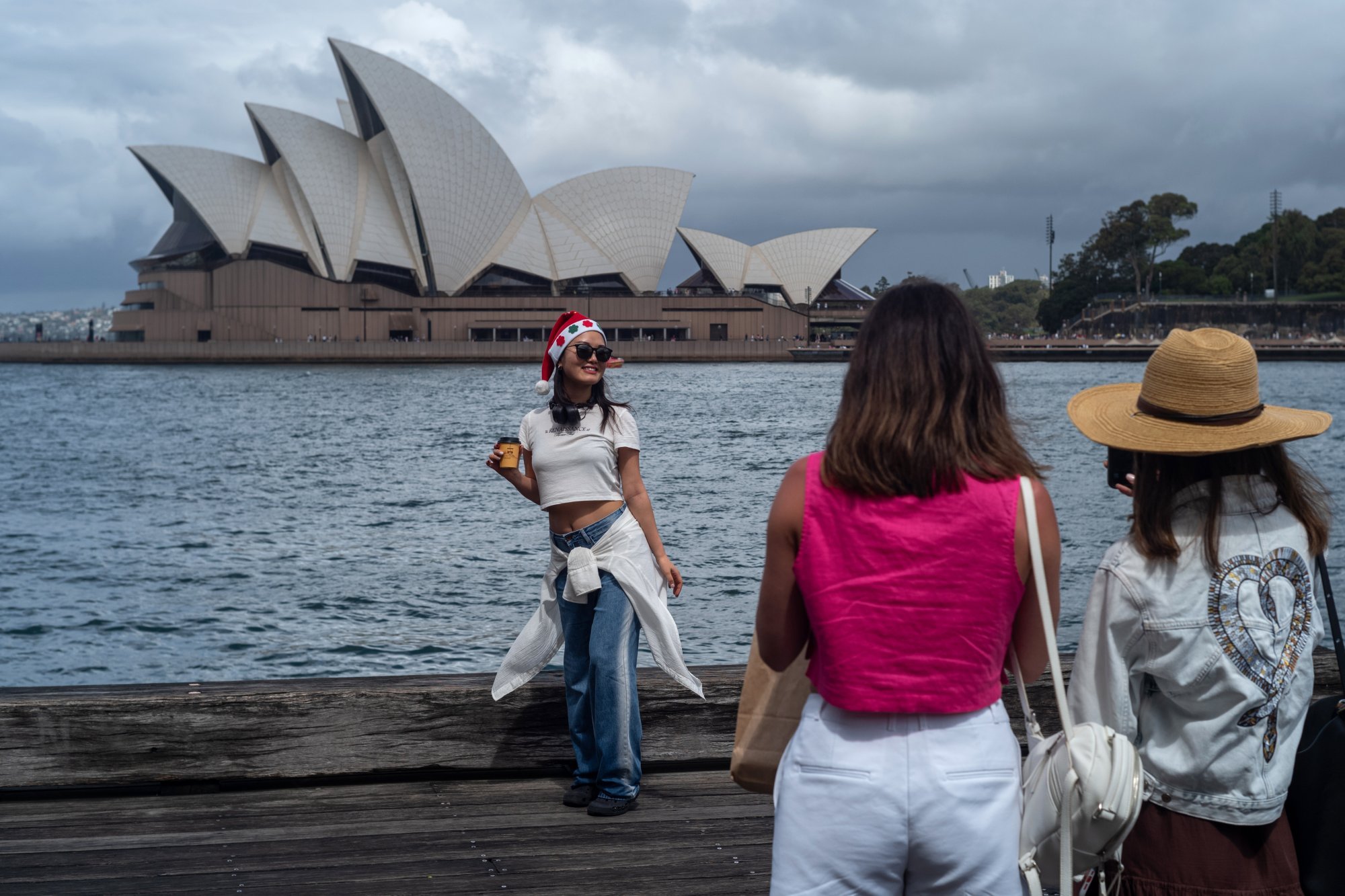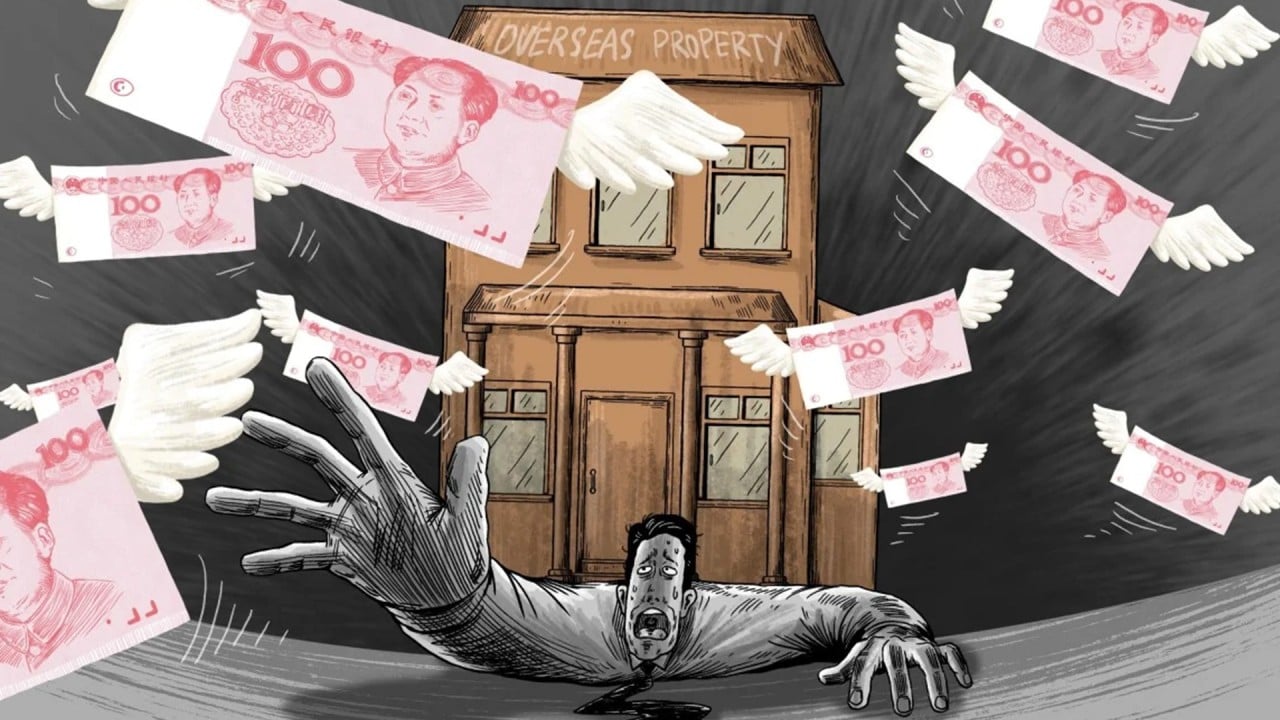
14 Jan Hong Kong, mainland Chinese buyers are eyeing Australian property again, fast-tracking home ownership for their children
Hong Kong and mainland Chinese buyers are snapping up property in Australia in a big way again, spending cash accumulated during the past two years to give their children a helping hand in home ownership. More are expected as international travels rebound, agents said.
Plus Agency, which specialises in investors from Hong Kong and mainland China, has sold 10 homes to buyers from Hong Kong over the recent Christmas and New Year holidays, an unusually prolific outcome for a quiet period, its Sydney-based general manager Peter Li said.
“Normally, I’m on holiday at this time of the year, but I’m at the office now at 8pm processing paperwork for these transactions,” he said in a phone interview. “They used to come during the Lunar New Year, but now they come whenever the kids have time off from studies or work.”
Buyers from mainland China and Hong Kong are the largest single group of investors in residential and commercial assets there, having acquired almost A$150 billion (US$101 billion) worth of them over the past 10 years, official statistics showed. They amounted to 21 per cent of all purchases by foreign investors.
Those purchases fell to A$7.7 billion in 2021 during the Covid-19 pandemic from an average of AS$16 billion in each of the preceding three years, based on data published by the Foreign Investment Review Board.
Au, who only wanted to be known by her last name, was looking to spend A$600,000 for a one-bedroom flat in Sydney’s northern suburb of Meadowbank, an area popular among Chinese buyers due to its proximity to Asian communities. With her parents in town, she instead purchased a two-bedroom unit with sea views, paying A$400,000 above her budget.
A music student in Sydney, who asked not to be named, paid A$980,000 for a two-bedroom flat with help from her parents, according to Li at Plus Agency, who helped close the deal. The family spent above its budget of A$800,000 by opting for a bigger place on a higher floor, he added.
“The parents had in mind that [their daughter] needed extra space in case they came to live with her or she got married and had a baby,” Li added.
Many Chinese parents are visiting Australia to help their children buy homes and settle in the country, encouraged by an 8.1 per cent rebound in prices last year after a 4.9 per cent retreat in 2022, according to an index compiled by CoreLogic, a property data services provider. Prices jumped 24.5 per cent in 2021.
Chinese investors in scramble to offload overseas property portfolios
Chinese investors in scramble to offload overseas property portfolios
“Chinese buyers are drawn to Australia,” said Ken Jacobs, a luxury property agent at Forbes Global Property in Sydney. “It is the inherent desirability of the location and attributes of the property which are underscored by a stable record of capital gains.”
Sydney, Melbourne, and Brisbane were the most popular cities among Chinese buyers in 2023, according to Jacobs. Australia’s weather and air quality, combined with a relaxed lifestyle and stable government, are among attributes favoured by international buyers.
A shortage of listings has meant Australian home prices have sustained at a high level, according to agents. That is one reason why the government of Prime Minister Anthony Albanese has continued to lure foreign investors to its “Build to Rent” programme to help feed a fresh supply of affordable housing.
The government last month tripled the cost of application fees on purchases by foreign investors, as well as raising the penalties for vacant homes, or properties which are bought but are not lived in or rented out. The “vacancy tax” applies to properties purchased after May 2017.

The additional costs have made it too expensive for some buyers, said Ho. While high prices do not deter the average foreign buyer, there has been a noticeable shift in mindset among mainland Chinese and Hong Kong buyers, said Daniel Ho, co-founder and managing director at Juwai IQI.
Chinese investors tend to buy for their personal use or for their children who already have attained permanent residency status in Australia, said Ho. They are more conservative and only buy after their children get permanent residency.
Demand is likely to be higher than in the pandemic years of 2020 to 2023, Ho said.
“In 2024, don’t expect a price correction. Prices are more likely to remain at their high level or even rise slightly than to fall,” he said. “In both Sydney and Melbourne, the market is close to its all-time highs. Buyers are willing to keep paying high prices, because the shortage of listings and rentals leaves them with no other option.”


